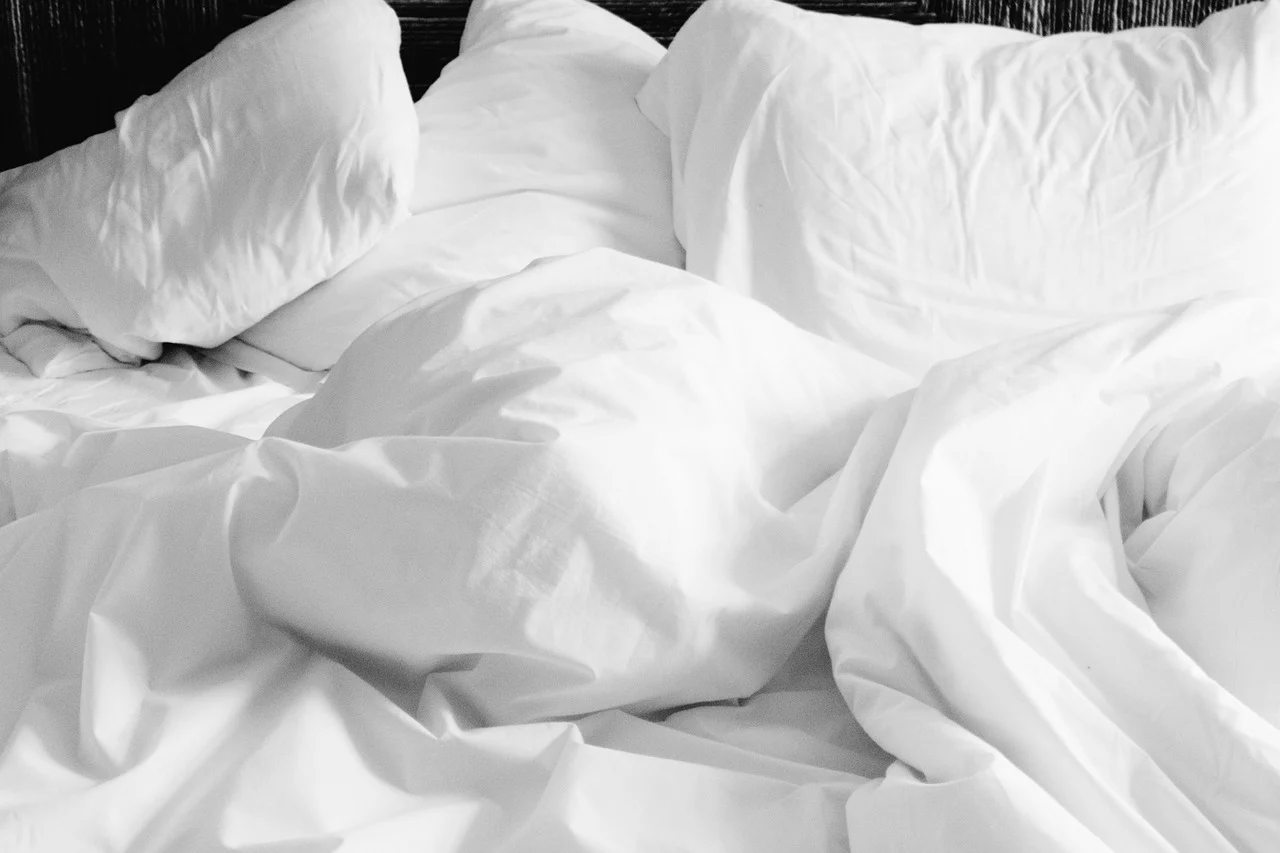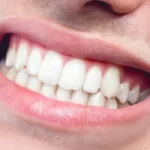Did you know that getting a great night’s rest is just as crucial as eating a healthy diet and exercising on a regular basis? In fact, there are countless studies that have made the correlation between subpar sleep and negative effects on our brain function, exercise performance, and hormones.
Poor sleep may also result in an increase in the risk of developing chronic diseases, and weight gain. However, when you get a good night’s rest, you will find that you eat less, feel healthier, and have more energy for your day.
The good news is, there are steps you can take to help improve the amount and quality of sleep you get each night. Keep reading to learn what those steps are.

Increase Your Exposure to Bright Light During the Daytime Hours
Have you ever heard of your circadian rhythm? It’s your body’s natural clock. The way it works will affect your body, hormones, and your brain. Basically, it lets your body know when you need to stay awake, and when it is time to go to sleep.
Bright lights and natural sunlight during the day will help you maintain a healthy circadian rhythm. It can also help you improve the energy you have throughout the day, as well as the duration and quality of your sleep at night.
If you suffer from insomnia, exposure to daytime light may help you, too. If it isn’t possible or practical for you to have exposure to the sun each day, then consider purchasing an artificial bright light device.
Consider What You are Sleeping On
Your bed and mattress play a huge role in the quality of sleep you receive. If you find you are tossing and turning throughout the night due to an old, uncomfortable, or unsuitable mattress or bed, then it may be time to replace it.
If you are ready to make this investment, why not consider a power bed base for your mattress. This will allow you to adjust your sleep position throughout the night, improving comfort and sleep quality.
Consider Taking a Melatonin Supplement
An essential sleep hormone that lets your brain know when it’s time to begin relaxing and head to bed is melatonin. As a result, a popular sleep aid is a melatonin supplement.
In fact, many people who suffer from insomnia use this supplement to help them fall asleep and stay asleep. What’s even better is that when you take this supplement, there are no adverse side effects.
It’s a good idea to begin with a lower dose and determine your tolerance. You can increase the amount you take as needed.
Eliminate or Reduce Long or Irregular Naps During the Day
Even though a shorter, power nap can be beneficial to help give you energy during the day, if you spend time napping irregularly or for a long time during the day, it can negatively impact your sleep when you finally go to bed at night.
If you sleep during the day, it may wind up confusing your internal clock (mentioned above). As a result, you may begin to struggle to get to sleep and stay asleep at night.

Don’t Drink Caffeine Later in the Day
While caffeine offers a number of benefits, and many people consume it each day, if you drink it too late in the day, it can have several negative side effects. While it can help provide you with an increase in energy, focus, and even overall performance, it can also keep you from relaxing when you try to go to bed. A good rule of thumb is to avoid drinking it six hours before bed.
As you can see, if you want to get a better night’s sleep, there are several ways you can achieve this. Try implementing these tips if your sleep has been subpar.








